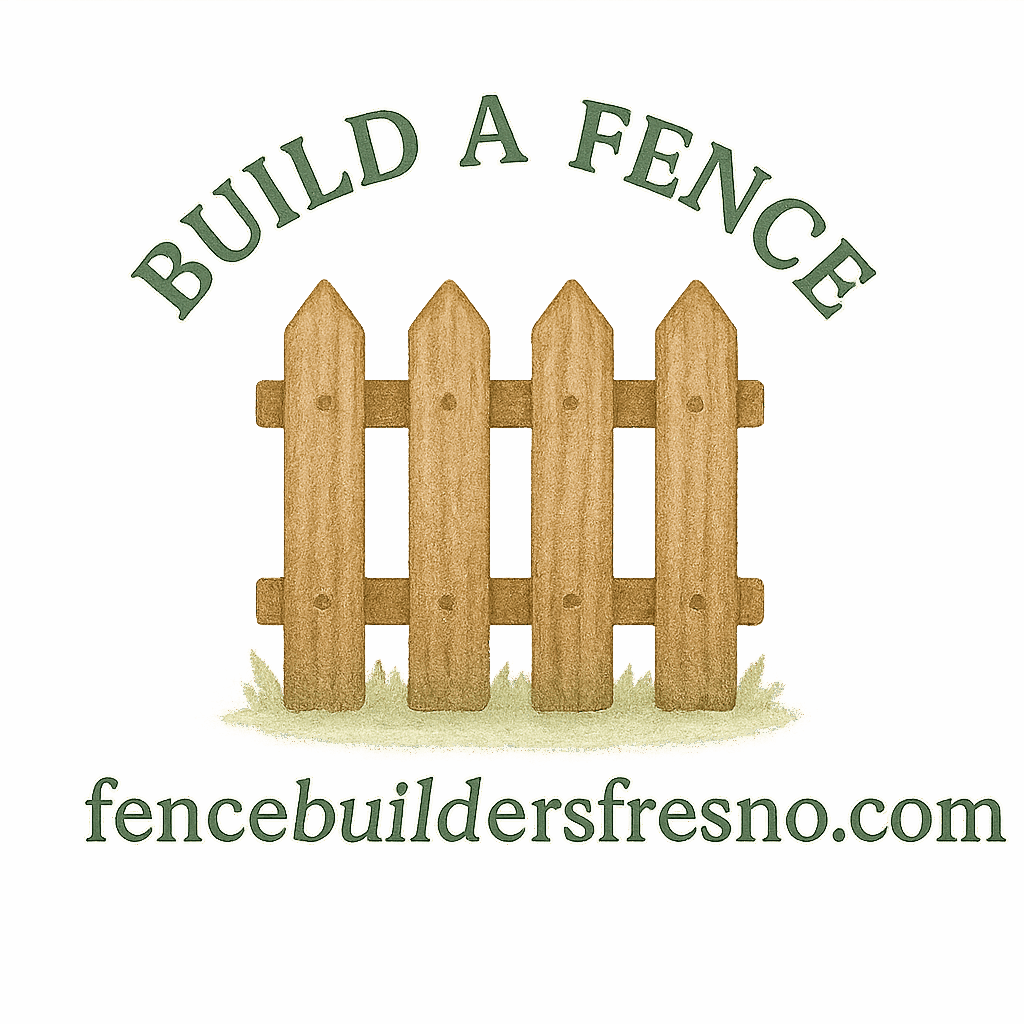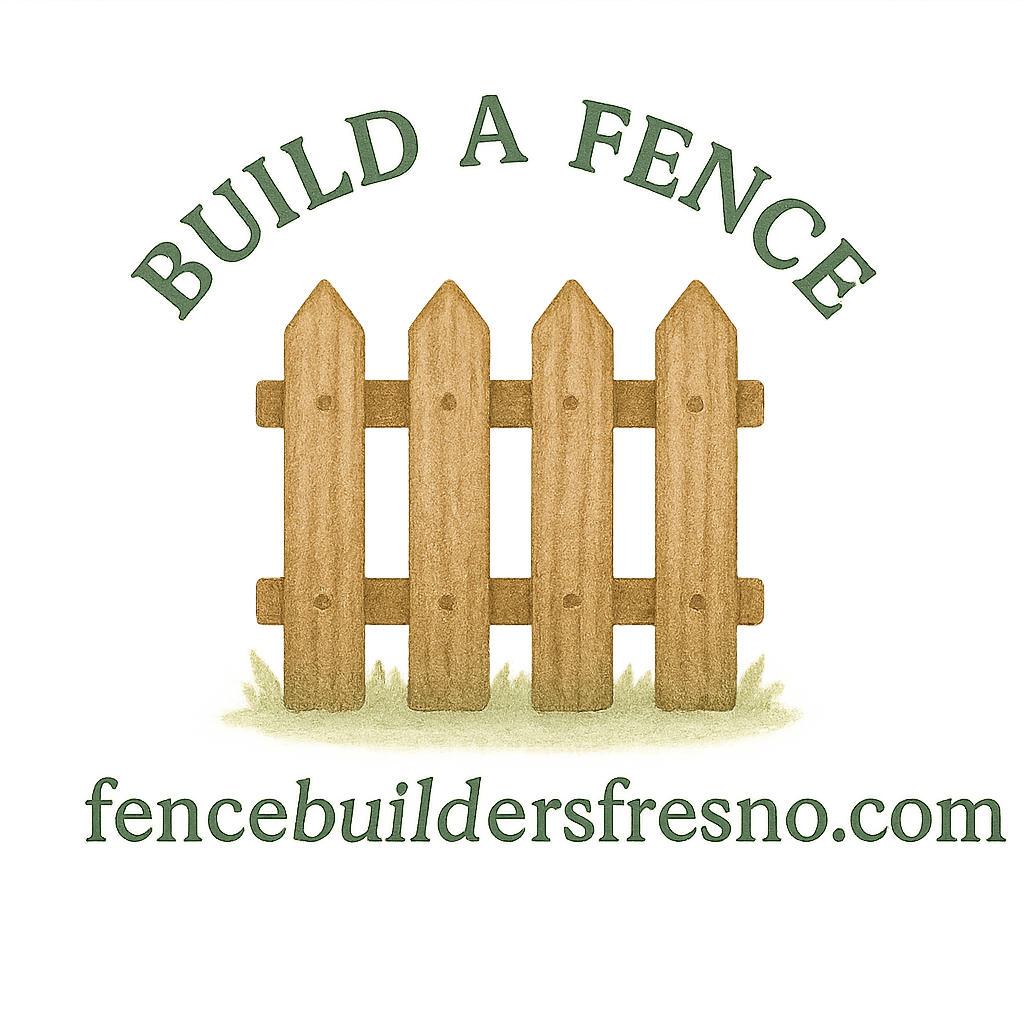If you’re setting up a farm or upgrading your rural property, picking the right farm fence is one of the most important decisions you’ll make. Think of your fence like the handshake between your land and the outside world — it says a lot, and it does even more. Let’s break down the 7 essential things to consider when choosing the perfect farm fence.
Why Choosing the Right Farm Fence Matters
You wouldn’t buy boots that fall apart after a week on the farm, right? The same logic applies to fencing. The right fence will protect your animals, define your property, and boost security — all while standing strong through changing weather.
Learn the basics with our Fence Building Guide before diving in.
1. Purpose of Your Farm Fence
Before even looking at materials or styles, ask yourself: what’s the main job of this fence?
Protecting Livestock
If you’ve got cattle, goats, or chickens, your fence needs to be tough enough to keep them in and predators out. For example, woven wire fences are great for goats, while electric fences are perfect for cattle.
Explore durable fencing options tailored to specific livestock needs.
Defining Property Boundaries
Sometimes, it’s less about what’s inside and more about what’s outside. A boundary fence clearly defines your land, helping you avoid disputes with neighbors. For more details, check our boundary fence resources.
Enhancing Security
Security fencing helps keep unwanted visitors (both human and wild) away. It also prevents trespassing, which is vital if your farm has high-value equipment or crops.
2. Types of Farm Fencing Materials
Choosing the right material is just as important as picking the style. Here’s a breakdown:
Wooden Farm Fences
Classic and charming, wood is popular but comes with high maintenance. However, if you want something rustic and warm, it’s a go-to.
Visit our guide on wood fence care to understand the upkeep involved.
Vinyl Farm Fencing
Vinyl fences are gaining popularity due to their sleek look and low maintenance. They’re resistant to weathering and pests — making them perfect for long-term use.
Explore more on vinyl fence advantages.
Wire and Electric Fencing
Electric fences are cost-effective and ideal for large areas. Wire options like barbed or woven fences are rugged and functional.
Need help with comparisons? Check our fence types comparison guide.
Durable and Low-Maintenance Options
If you’re not one for constant repairs, opt for low-maintenance and highly durable options like coated steel or vinyl-clad wire.
3. Fence Design and Aesthetics
Function is vital — but let’s be honest, looks matter too.
Blending with the Landscape
A well-designed fence should complement your surroundings. Use colors and materials that suit the soil, trees, and architecture around you.
Choosing Decorative Options
Want to impress passersby? Add stylish elements like post caps or curved top rails. Browse ideas under decorative fences.

4. Budget and Long-Term Costs
No one wants to burn through their farm budget just to keep a cow in the pasture.
Installation vs DIY
Professional installation ensures quality, but DIY projects can save money if you’ve got the skills. See the pros and cons at DIY fencing tips.
Ongoing Maintenance Costs
Don’t forget repair costs! Fence maintenance and repair can add up over the years. Think beyond installation and plan for the long haul.
5. Fence Durability and Climate Suitability
Mother Nature is unpredictable — your fence shouldn’t be.
Weather and Material Choices
In hot, humid, or rainy climates, avoid untreated wood. Go for vinyl, treated timber, or coated metals.
Tips for Long-Lasting Fences
Check our fence upkeep tips for ways to keep your fence strong for years.
6. Legal and Property Considerations
Skipping this step can land you in a heap of legal trouble.
Understanding Property Lines
Before you dig the first post, confirm your property lines. Mistakes here can cost thousands in disputes.
Avoiding Fence Encroachment
Ensure your fence doesn’t cross into someone else’s land. Fence encroachment issues are surprisingly common.
Compliance with Local Laws
Each area has different rules. Be sure to review legal fencing guidelines and local zoning laws.
Need help? Visit our page on legal property considerations.
7. Ease of Maintenance and Repairs
The best fences don’t just look good — they’re easy to fix too.
Common Farm Fence Issues
From rotting posts to sagging gates, your fence will face wear and tear. Learn how to manage these at fence maintenance.
Tools and Tips for Easy Repairs
A good toolbox and regular checks go a long way. Keep your fence handy with our repair and maintenance tips.
Bonus Tips for Choosing the Perfect Farm Fence
Use Professional Planning Resources
If you’re unsure where to start, try using professional services like Fence Design & Planning. It’ll save time and headaches.
Keep Future Expansion in Mind
Plan for possible expansions. Leave room for gates, pens, or additional property divisions. Learn more with our fence installation guide.
Conclusion
Choosing the right farm fence isn’t just about keeping animals in or people out. It’s about finding the perfect balance of function, style, and long-term value. From legal boundaries to weather resistance and budget planning, taking the time to consider these seven factors can save you money, stress, and time down the road.
Need expert guidance or local help in Fresno? Head over to Fence Builders Fresno for everything from planning to repair.
FAQs
1. What is the best type of farm fence for cattle?
Electric or barbed wire fences are usually best, especially over large areas. They’re affordable and efficient.
2. How do I find out my property lines before building a fence?
Check your land deed or contact a surveyor. Or use this property line guide.
3. Can I install a farm fence by myself?
Yes, but be prepared for a big job! Get tips from the DIY fencing section.
4. What are the most low-maintenance fence materials?
Vinyl and coated metal fences are the best choices for minimal upkeep. Read more here.
5. Are decorative farm fences practical?
Yes, especially for front areas or entrances. Learn more about decorative fences.
6. Do I need a permit to build a farm fence?
It depends on your location. Always check local codes or visit legal fencing info.
7. What should I do if a neighbor disputes my fence placement?
First, consult property records. Then, check legal dispute advice before escalating the issue.


